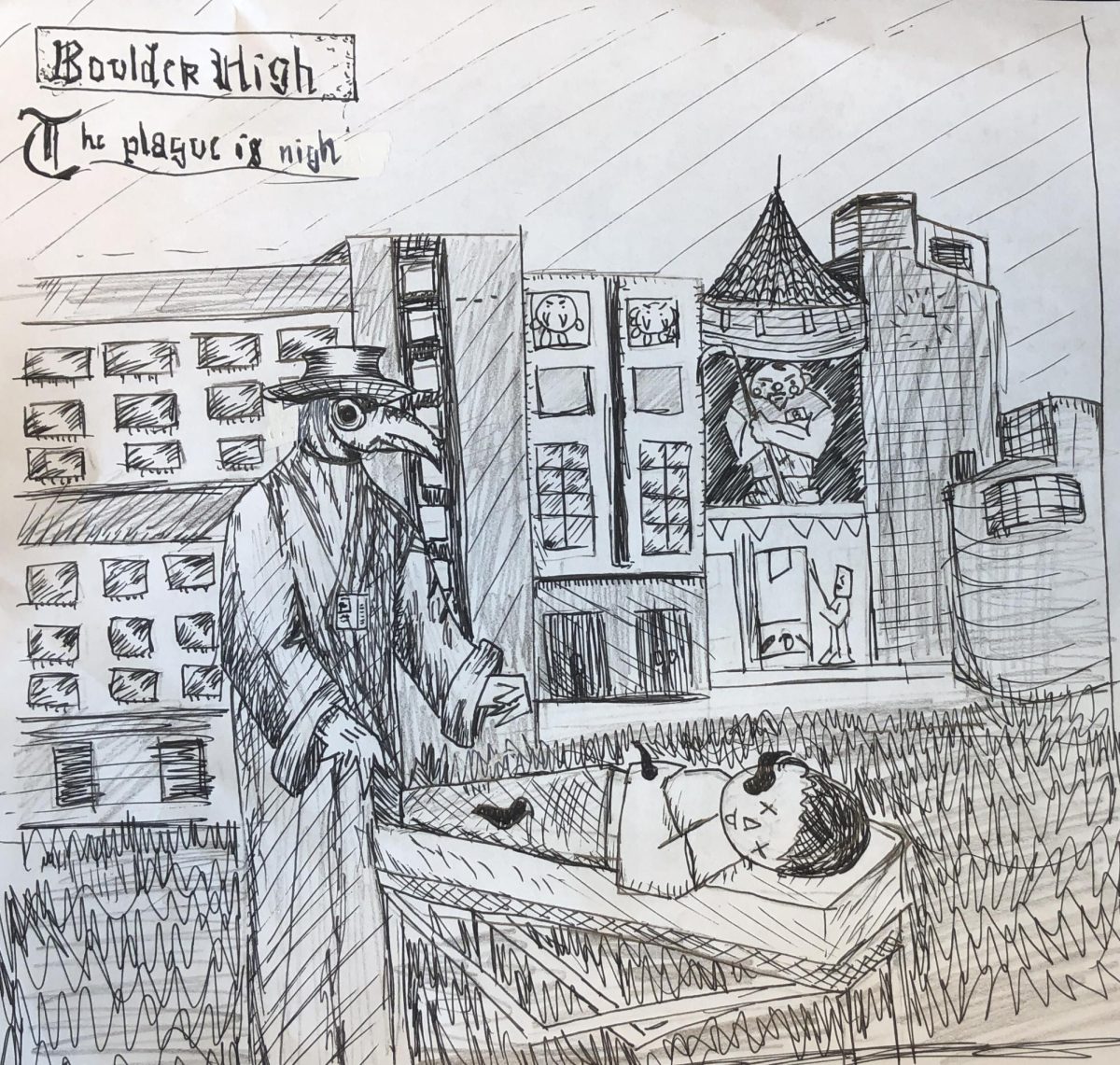Plagues are no new phenomena. In fact they are more prevalent than ever. Whether it’s rabies from a rabid Racoon, the Flu from the snot filled whippersnapper down the block, diseases that killed thousands in the past, are, albeit less lethal, still infecting earthly organisms. Over the pandemic, many became very interested in past diseases, and I was included in this sudden interest. I went down a rabbit hole watching videos and listening to podcasts about Rabies, The Bubonic Plague, and Yellow Fever. This topic is scary. There is no denying, however, the fact that worldwide pandemics have been happening the 20th year of every century dating back to 1700’s. Big companies like the CDC claim this is a coincidence-but could it really be? Should future generations prepare for the pandemic of 2120?
Most folks take for granted the high quality medicines, vaccinations, and treatments we have for the prevention of diseases. This safety net allows us to look back at past plagues and laugh. Plague Doctor masks, dumb. Burning infected bodies, dumb. Lack of sterilization, dumb. Just about everything from “the good ole days” was stupid regarding diseases. But that’s part of what makes it all so fascinating. The ineffective quarantines and inefficient disposal of the dead are what allowed the diseases to spread too rapidly, wiping out half of the population. CoronaVirus, although ruthless and deadly, was eliminated more successfully.
Is this fascination with deadly diseases macabre? Maybe, however, it seems to be encouraged. Elementary school teachers seem to endorse this obsession. I remember multiple teachers requesting students to read Laurie Halse Anderson’s “Fever 1793” and “Journal of the Plague Year” by Daniel Defoe. Of course, these books are an easy and effective way to learn about incredibly important topics from our past, but it certainly persuades pupils’ interests in diseases.
CoronaVirus has given most people a perfect understanding of pandemics-past and future- that many did not get to experience (for better or for worse). My curiosity got the best of me and I decided that it was necessary for me to get others’ opinions. Do people often think about plagues? Mr.O’Block, the best physics teacher, mentioned scurvy. Although this disease does not technically count as a plague, it is fascinating nonetheless. “That’s the one that causes your bones to bend, and bloody gums, you get that too.” I don’t know about you, but bendy bones? That’s so cool, it’s sick, but so cool. I was considering doing more research just to know exactly what bendy bones look and feel like, but I think my mental image of bendy bones is enough.
The most famous plague has definitely got to be The Bubonic Plague/The Black Death. Some passionate students even agreed that “there hasn’t been a more powerful disease since.” Elizabeth Gatten ‘24 and Colton Lewis ‘24 mentioned, continuing, “the Bubonic Plague stays on top!” I must admit my agreement with the aforementioned phrase. The podcast Medical Mysteries posted a two story special about the Bubonic Plague, and honestly, this podcast furthered my understanding and enthrallment with plagues.
The book (and now movie) Old Yeller, deals with rabies- granted it revolves around the infection of a dog, not a person. I grew up reading this book, but never realized the severity of rabies, until I watched a Docu-Series, and realized it can affect people. Rabies makes it impossible for the infected to eat or drink, killing them from dehydration or asphyxiation.
The niche topic of plagues has only gained “followers” as COVID swept across the globe, forever changing the outlook on diseases. They are a real thing, even with modern medicine. No one is safe from the aggression that viruses so effectively wield.




